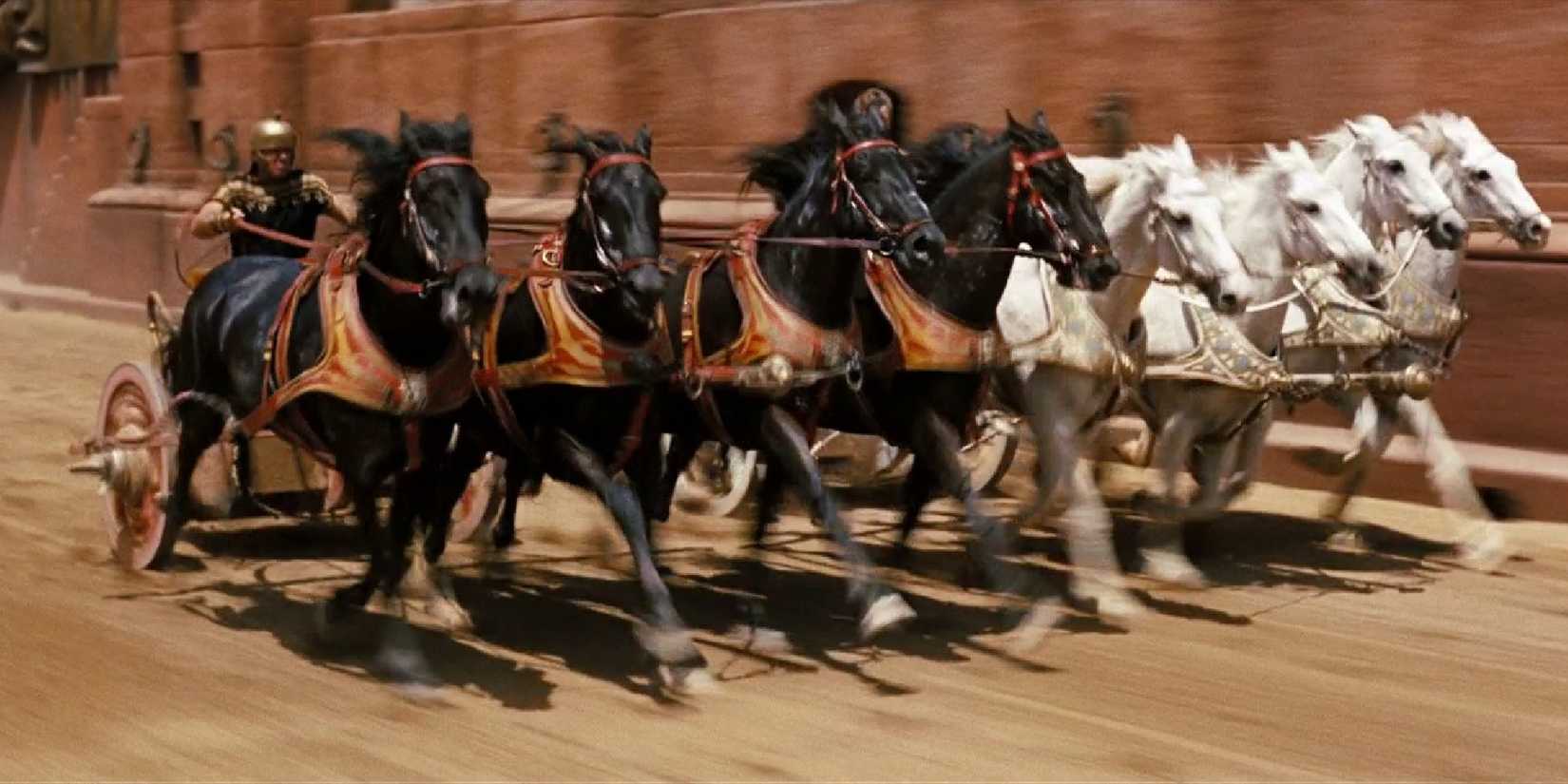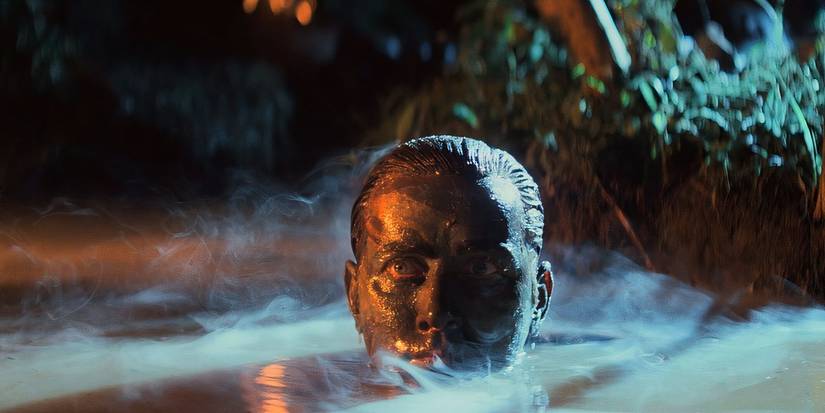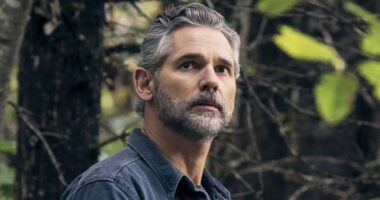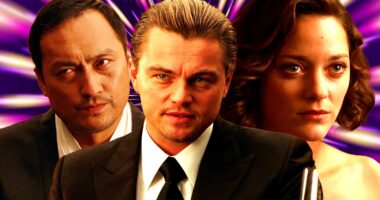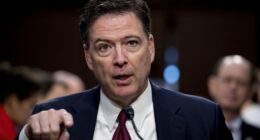Epic cinema is about more than scale. It’s not just sprawling landscapes, massive budgets, or thousands of extras, although those things are key in crafting a successful epic story. However, true epics carry an emotional weight too, a sense of grandeur that extends beyond visuals into the soul of the story. They tell tales of empires rising and falling, of heroes tested by impossible odds, of human endurance in the face of history itself.
This list looks at the most powerful epic movies, the ones that reshaped cinema in their wake. They range from fantasy adventures and biblical sagas to modern war nightmares and everything in between. The ranking will be based on how profound and impactful they were, not to mention the influence they had over their genre and cinema as a whole.
10
‘Gladiator’ (2000)
“What we do in life echoes in eternity.” With Gladiator, Ridley Scott resurrected the historical epic for a new generation. The genre seemed all played out by the start of the 21st century, but this movie became a genuine phenomenon. It helped that it had a generational star in Russell Crowe, who turns in one of his most iconic performances as Maximus, a Roman general betrayed and forced into slavery. His journey, from fallen commander to gladiatorial legend, is a classic hero’s tale done right.
In addition to Crowe, Joaquin Phoenix delivers one of the all-time great villain performances as Commodus, ensuring the stakes felt personal as well as political. Gladiator‘s combination of visceral battle sequences, sweeping digital recreations of Rome, and an intimate revenge story gave it both spectacle and emotional punch. The final touch comes courtesy of Hans Zimmer and Lisa Gerrard. Their score, mournful and triumphant, elevated the action into myth.
9
‘Doctor Zhivago’ (1965)
“I don’t think I could love you so much if you had nothing to complain of and nothing to regret.” No one handled the epic genre better than David Lean, and Doctor Zhivago is one of his defining projects. It’s an epic of love and loss set against the backdrop of revolution. At its heart is Yuri (Omar Sharif), a poet-physician caught between his love for Lara (Julie Christie) and the upheavals of early 20th-century Russia. Sharif and Christie are phenomenal in their roles, larger than life yet still human, helping to ground the sweeping story. The movie refuses to let politics overwhelm personal tragedy.
On the storytelling side, Lean’s direction captures both the beauty of the Russian landscape and the horror of war, with images of endless snowfields and burning villages etching themselves into cinematic memory. Maurice Jarre’s haunting score, particularly “Lara’s Theme,” became iconic in its own right. In the end, Doctor Zhivago is both a historical saga and an intimate heartbreak.
8
‘Braveheart’ (1995)
“Every man dies. Not every man really lives.” Another epic with a heart, Braveheart is striking for its emotion as much as its rousing battle cries. It combines historical myth-making with visceral action, chronicling the life of William Wallace (Mel Gibson, who also directs), the Scottish warrior who led a rebellion against English rule. In the part, Gibson is equal parts tender and ferocious, his Wallace driven by both grief and conviction. He’s meant to be a stand-in for all embattled leaders taking on larger foes.
It’s a story of resistance, sacrifice, and identity, playing fast and loose with the facts, but delivering on the adventure. In terms of the visuals, the sweeping Highlands provide a natural grandeur, while the brutal battle sequences hit hard with their chaotic, mud-splattered realism. Then there are the heroic quotes, particularly “They may take our lives, but they’ll never take our freedom!”, which entered the cultural lexicon immediately.
7
‘The Ten Commandments’ (1956)
“Those who will not live by the law shall die by the law.” Cecil B. DeMille actually made two movies based on The Ten Commandments, but the 1956 version is his quintessential biblical epic. The film brought the story of Moses to life with unprecedented grandeur, using lavish sets, a massive cast, and groundbreaking special effects. DeMille was one of the very few filmmakers of the time with the clout to put something like this together. His vision was unapologetically monumental, leaning hard into spectacle.
Charlton Heston‘s commanding lead performance anchors all this, carrying the story from slavery in Egypt to the parting of the Red Sea. The burning bush, the plagues, and the climactic splitting of the sea remain iconic sequences in film history, testaments to old Hollywood ambition. What gives the film its power is not just its size, but its sense of moral weight. The cast and crew took it seriously and were striving to produce something weighty and important.
6
‘Gandhi’ (1982)
“An eye for an eye only ends up making the whole world blind.” Richard Attenborough‘s Gandhi attempts to encapsulate the whole life of one of history’s most influential figures, and it approaches the man with appropriate reverence. Ben Kingsley’s Oscar-winning portrayal of Mahatma Gandhi is central to the film’s power, capturing both his quiet humility and his unyielding conviction in nonviolent resistance. The film spans decades, from Gandhi’s early struggles in South Africa to his leadership in India’s independence movement, treating its fascinating subject with the scope his story requires.
Thousands of extras populate massive sequences, including the legendary funeral scene, which remains one of the largest ever filmed. Yet amid the grandeur, the focus never strays from Gandhi’s philosophy and humanity. Gandhi is an epic of ideas as much as events, showing how moral courage can reshape history. Despite a few inaccuracies and oversimplifications in some areas, the movie remains dramatic and inspiring.
5
‘Ben-Hur’ (1959)
“It goes on, Judah. The race, the race is not over.” Ben-Hur set the gold standard for the Hollywood epic. All the key ingredients are here: monumental sets, groundbreaking action sequences, and universal themes of revenge. In the eye of the storm is Charlton Heston’s Judah Ben-Hur, a Jewish prince who is betrayed by his childhood friend Messala (Stephen Boyd), sending him on a journey of suffering, vengeance, and, ultimately, spiritual rebirth. In telling his story, director William Wyler balances character-driven drama with towering spectacle.
Winner of a then-record 11 Academy Awards, Ben-Hur was instantly canonized as the definition of epic cinema. The chariot race alone remains one of cinema’s most breathtaking setpieces, filmed with a level of complexity and danger that has rarely been matched. It involves 78 horses, a year of preparation, five weeks of shooting, and $1 million spent. It paid off: the scene is unlike anything else in 1950s cinema.
4
‘Apocalypse Now’ (1979)
“I love the smell of napalm in the morning.” Apocalypse Now is both an epic war film and a descent into madness. Loosely adapted from Joseph Conrad‘s Heart of Darkness, it follows Captain Willard (Martin Sheen) on a mission to track down the rogue Colonel Kurtz (Marlon Brando) in Vietnam. The journey downriver becomes a hallucinatory odyssey, blending the chaos of modern warfare with surreal imagery and existential dread. With this project, Francis Ford Coppola attempted to scale cinema’s highest heights, an undertaking that pushed him and his cast and crew to the breaking point.
The scale of the production, infamous for its troubled shoot, manifests onscreen in scenes of staggering spectacle, including the helicopter assault set to Wagner‘s “Ride of the Valkyries,” the endless jungle fires, and the oppressive landscapes. Yet this is all secondary to the psychological intensity, the way the movie captures war as both event and nightmare. Apocalypse Now is an epic not of triumph, but of disintegration.
3
‘The Lord of the Rings: The Return of the King’ (2003)
“I can’t carry it for you, but I can carry you.” The Return of the King is the rare epic that exceeded impossible expectations. The conclusion to The Lord of the Rings trilogy delivered both massive setpieces and deeply personal resolutions for its beloved characters. The Battle of Pelennor Fields, with its sweeping cavalry charges and towering Oliphaunts, redefined what fantasy cinema could achieve, while the destruction of the Ring brought the saga’s moral and emotional stakes to their peak.
Frodo (Elijah Wood), broken by his burden, and Sam (Sean Astin), carrying both his friend and the story’s heart, remain among the most moving depictions of loyalty and sacrifice in modern cinema. The film’s multiple endings provided catharsis for a journey spanning over nine hours, ensuring audiences felt the weight of every victory and loss. For all these reasons, it remains the high point for fantasy films, a movie that earned 11 Oscars not just for being colossal and visionary, but for its storytelling soul.
2
‘Schindler’s List’ (1993)
“Whoever saves one life, saves the world entire.” Schindler’s List is one of the most emotionally devastating epics ever filmed. It saw Spielberg pushing himself into challenging new territory as a filmmaker. Here, he tells the story of Oskar Schindler, a German industrialist who saved over a thousand Jews during the Holocaust. The acting is phenomenal across the board: Liam Neeson’s compelling portrayal of Schindler, Ben Kingsley’s steady performance as his accountant Itzhak Stern, and Ralph Fiennes’ chilling turn as Nazi commandant Amon Göth, making Voldemort look warm by comparison.
Shot in stark black and white, Spielberg avoids sentimentality, instead grounding the film in harrowing realism. Still, his knack for iconic imagery comes through. Most notably, the shot of the girl in the red coat became an instant symbol of innocence amid horror. Despite its devastating subject matter, the film ends with a message of hope, showing the ripple effects of one person’s moral courage.
1
‘Lawrence of Arabia’ (1962)
“Nothing is written.” David Lean’s finest work in the epic genre has to be Lawrence of Arabia. It serves up scenes of grand desert warfare alongside genuinely thoughtful explorations of identity, heroism, and empire. On the acting front, Peter O’Toole is brilliant as T.E. Lawrence, really capturing the contradictions of a man both larger than life and deeply enigmatic. Meanwhile, Freddie Young‘s cinematography transforms the desert into a cathedral of light and shadow. That famous match cut, transporting us to the baking dunes, still wows today.
Maurice Jarre‘s sweeping score enhances the mythic tone, while Lean’s storytelling balances visual extravagance with piercing character study. It’s a powerful mixture, quickly cementing Lawrence of Arabia as a cornerstone of the art form. Every epic to follow borrows from its playbook. Indeed, the movie’s influence on cinema is immeasurable, inspiring generations of filmmakers to grapple with the most challenging material. All these decades later, Lawrence of Arabia is still impressive.
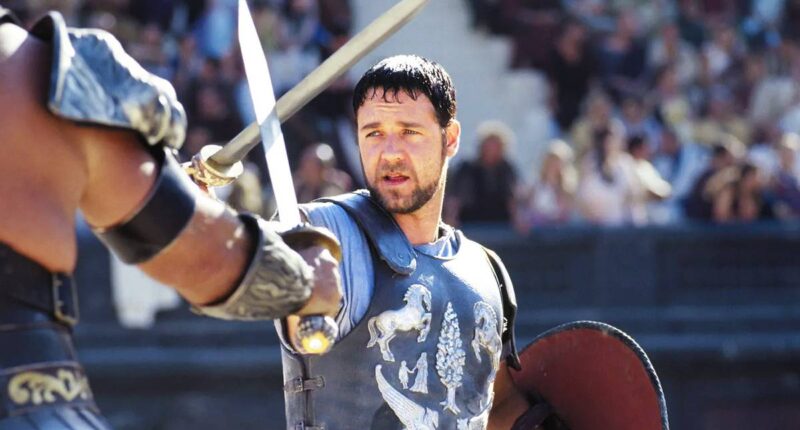

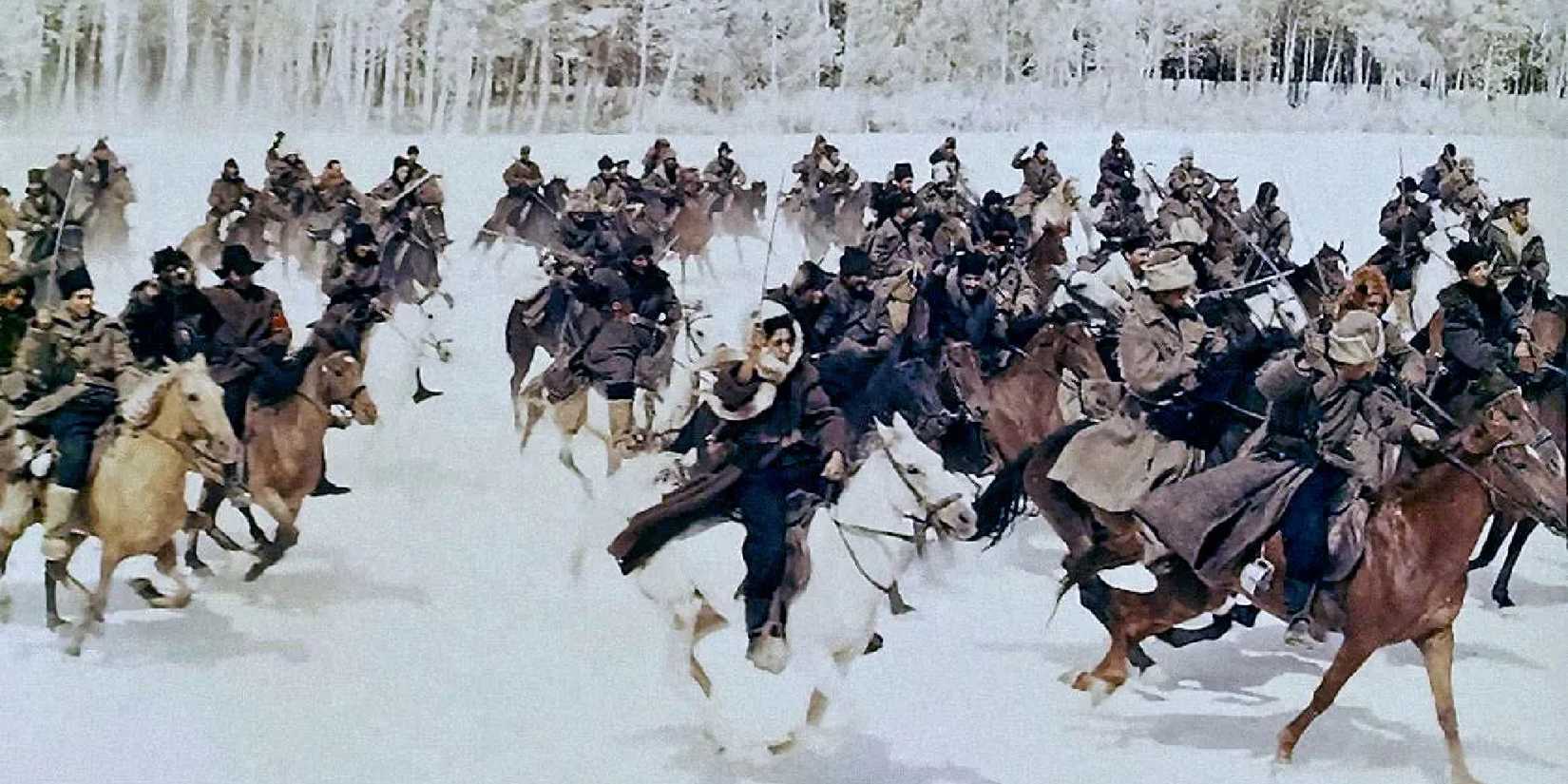


.jpg?q=49&fit=crop&w=825&dpr=2)
